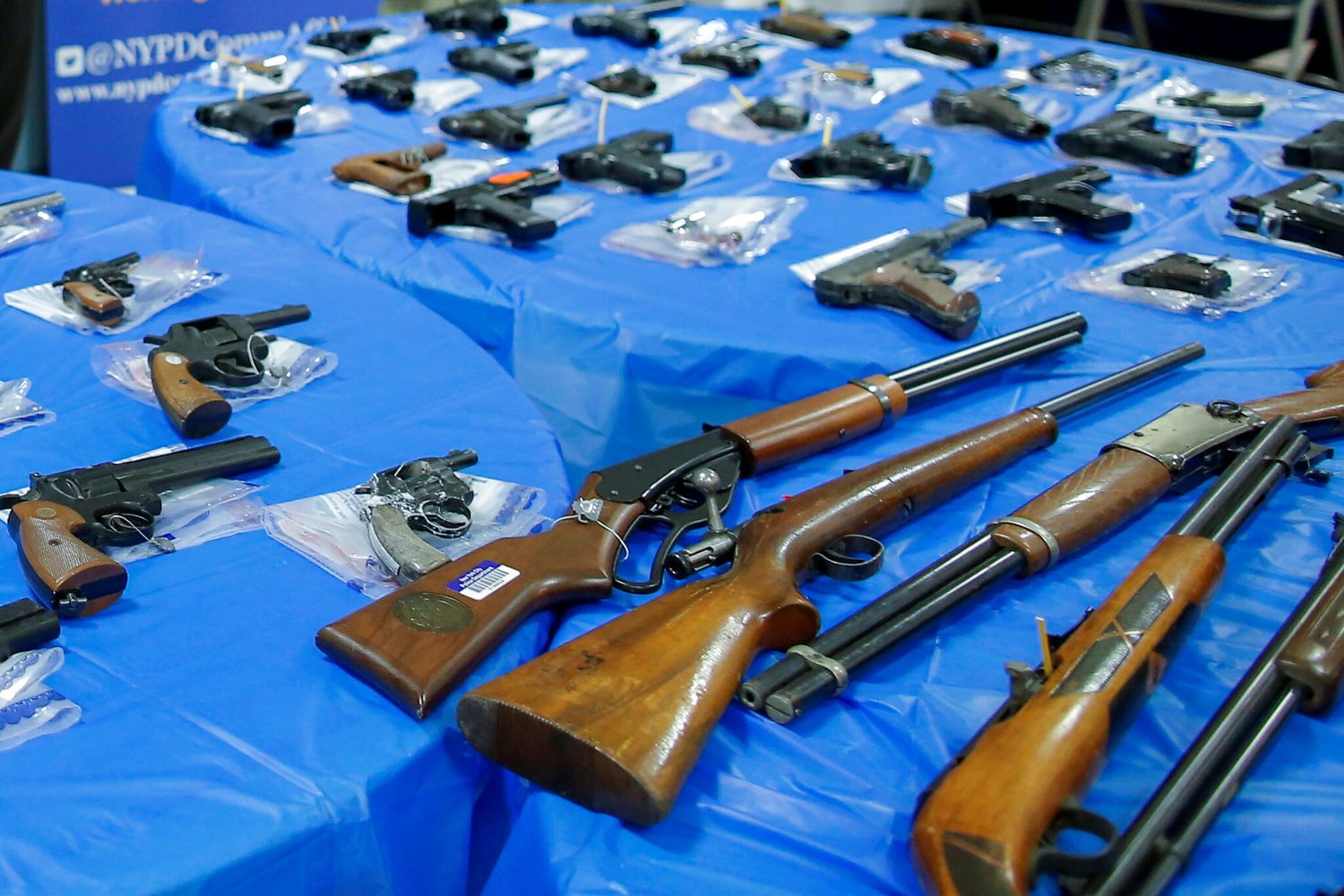
Gun rights, a topic that sparks intense debate across the globe, hinges on the balance between individual freedom and collective security. Gun rights refer to the legal measures and public policies governing the manufacture, sale, transfer, possession, modification, and use of firearms by civilians. Most countries have a set of laws that either restrict or allow gun ownership, often influenced by historical, cultural, and political factors. In some nations, owning a gun is seen as a fundamental right, protected by the constitution; in others, it's heavily regulated or even prohibited. This discussion delves into 14 intriguing facts about gun rights, shedding light on how different societies navigate the complexities of gun control, the arguments for and against it, and the impact these laws have on communities and individuals alike. Whether you're a staunch advocate, a concerned critic, or simply curious, these insights aim to provide a clearer understanding of an issue that continues to shape our world.
The Origins of Gun Rights
Gun rights have a long history, deeply rooted in various cultures and legal systems. Understanding their origins helps us grasp their significance today.
- The right to bear arms dates back to ancient Rome, where citizens were expected to defend the state.
- In medieval England, the Assize of Arms of 1181 required every free man to bear arms for the king's service.
- The English Bill of Rights of 1689 included a provision allowing Protestants to have arms for their defense.
Gun Rights in the United States
The United States has a unique relationship with gun rights, enshrined in its Constitution and debated ever since.
- The Second Amendment, ratified in 1791, states, "the right of the people to keep and bear Arms, shall not be infringed."
- The Supreme Court case District of Columbia v. Heller (2008) affirmed an individual's right to possess firearms unconnected with service in a militia.
- The National Rifle Association (NRA), founded in 1871, is one of the most influential advocacy groups for gun rights in the U.S.
Global Perspectives on Gun Rights
Different countries have varied approaches to gun rights, reflecting their unique histories and cultures.
- Switzerland has a high rate of gun ownership due to its militia system, where citizens keep their service weapons at home.
- In Japan, gun ownership is highly restricted, with rigorous background checks and training requirements.
- Australia implemented strict gun control measures after the 1996 Port Arthur massacre, leading to a significant reduction in gun-related deaths.
Gun Rights and Public Safety
The debate over gun rights often centers on public safety and the balance between individual freedoms and community protection.
- Studies show mixed results on whether more guns lead to more or less crime, making it a contentious issue.
- Countries with strict gun control laws, like the UK and Japan, tend to have lower rates of gun violence compared to those with more permissive laws.
- In the U.S., states with higher gun ownership rates often have higher rates of gun-related deaths, though other factors also play a role.
The Cultural Impact of Gun Rights
Guns have a significant cultural impact, influencing everything from entertainment to personal identity.
- Western films and TV shows have romanticized the image of the armed cowboy, shaping American views on gun ownership.
- Hunting and shooting sports are popular hobbies in many countries, contributing to the cultural significance of firearms.
A Final Look at Gun Rights and Facts
Gun rights and facts stir up strong feelings from all corners, but understanding the nuances is key to forming informed opinions. Across the globe, countries tackle gun control in vastly different ways, reflecting their unique histories, cultures, and societal needs. In the US, the Second Amendment underpins the ongoing debate, highlighting the balance between individual freedoms and collective security. Elsewhere, nations like Japan and Australia offer contrasting models of regulation and control, showing that there's no one-size-fits-all solution. What's clear is that dialogue, research, and education remain crucial. By staying informed and engaging in respectful discussions, we can all contribute to a safer, more understanding society. Remember, the power of change often starts with a single conversation, armed with facts and empathy.
Was this page helpful?
Our commitment to delivering trustworthy and engaging content is at the heart of what we do. Each fact on our site is contributed by real users like you, bringing a wealth of diverse insights and information. To ensure the highest standards of accuracy and reliability, our dedicated editors meticulously review each submission. This process guarantees that the facts we share are not only fascinating but also credible. Trust in our commitment to quality and authenticity as you explore and learn with us.


